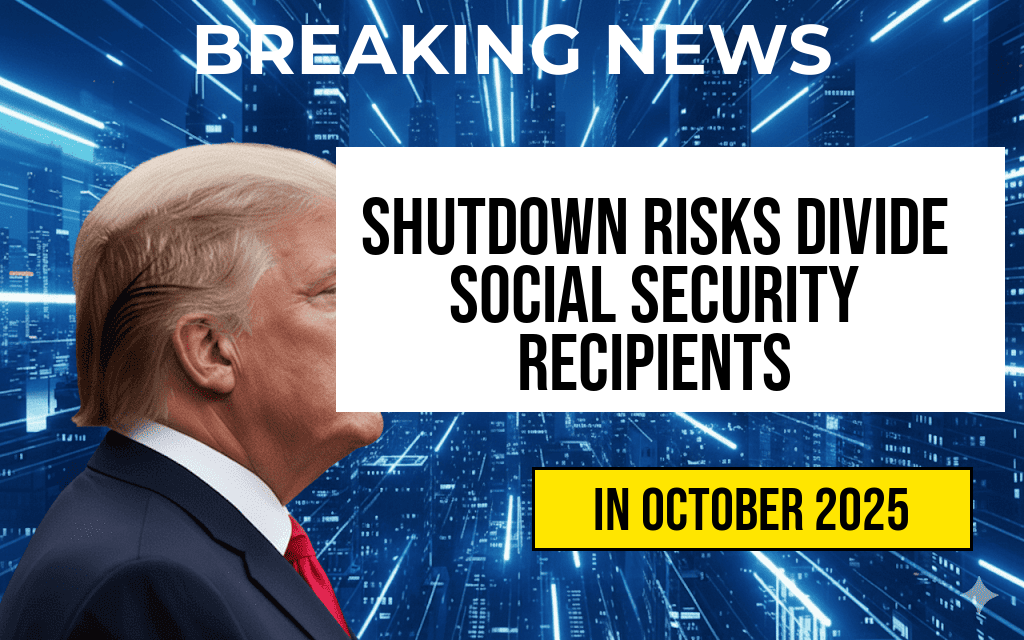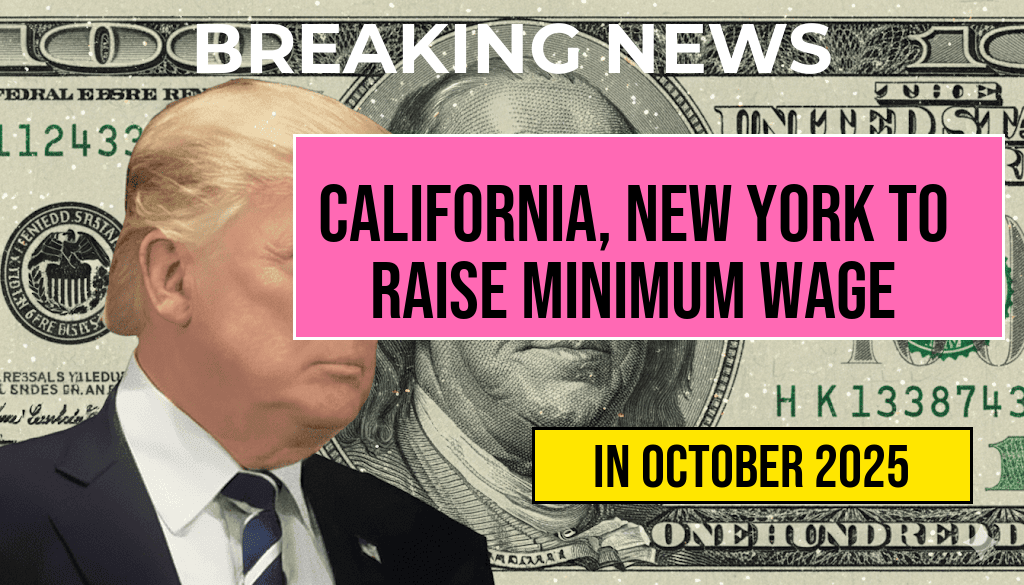The looming threat of a government shutdown poses significant implications for Social Security recipients, potentially dividing beneficiaries into two distinct groups based on their application status. While current Social Security beneficiaries are expected to continue receiving their benefits uninterrupted, new applicants could face a complete freeze on processing claims, effectively creating a two-tier system. This split may result from the absence of congressional funding to support administrative functions, leading to operational delays and policy shifts that could impact thousands seeking retirement, disability, or survivor benefits. As lawmakers grapple with budget negotiations, the uncertainty surrounding the shutdown raises questions about the long-term stability of Social Security administration and the fairness of access for future beneficiaries. Experts warn that such a scenario could undermine trust in the social safety net, especially for vulnerable populations relying on timely benefits.
The Impact of a Shutdown on Social Security Processing
Current Beneficiaries: Continued Payments, But at What Cost?
For existing Social Security recipients, the immediate concern centers on the continuity of their benefit payments. Historically, during government shutdowns, payments to current beneficiaries have remained largely unaffected thanks to mandatory funding provisions. The Social Security Administration (SSA) has statutory authority to disburse benefits, ensuring that retirees, disabled individuals, and survivors continue to receive their checks without interruption. However, while payments may proceed, the administrative machinery that supports processing new claims, updating records, and handling correspondence could face significant slowdowns.
This operational strain might not affect the amount individuals receive but could delay critical services such as address updates, benefit adjustments, or recovery of lost documentation. Moreover, the backlog of new claims could increase, causing frustration for those awaiting decisions on their eligibility or benefit amounts.
New Applicants: Facing a Complete Processing Freeze
Contrasting sharply with current beneficiaries, individuals applying for Social Security benefits for the first time may confront a full suspension of claim processing. Funding gaps resulting from a shutdown could prevent the SSA from accepting new applications, conducting interviews, or issuing determinations. This scenario would leave thousands in limbo, unable to access vital financial support for retirement, disability, or survivors’ benefits.
While some administrative functions are deemed essential and may continue, the lack of appropriations could limit the agency’s capacity to process new claims comprehensively. This situation could extend processing times for months, exacerbating financial hardship for applicants dependent on timely benefits.
Legal and Policy Considerations
Funding Structures and the Role of Mandatory Spending
| Aspect | Details |
|---|---|
| Funding Source | Payroll taxes, income taxes on benefits, and trust funds |
| Operational Funding | Primarily through mandatory spending; administrative funding often requires annual appropriations |
| Shutdown Effect | Mandatory benefits continue; administrative functions may halt without congressional appropriations |
| Implication for New Claims | Processing can be delayed or halted if administrative funding is not secured |
Because Social Security benefits are funded largely through dedicated trust funds, payments to current beneficiaries tend to be resilient during shutdowns. However, the administrative operations that facilitate new claims and ongoing case management depend heavily on annual appropriations. A lapse in funding can paralyze these functions, leading to the scenario where new applicants face a complete freeze.
Legal Protections and Potential Remedies
Legal frameworks offer some protection for current beneficiaries, but they do little to safeguard future applicants in a shutdown scenario. Policy analysts suggest that Congress could enact supplementary emergency funding measures to mitigate operational disruptions. Yet, political disagreements often delay such actions, leaving the administrative machinery vulnerable to shutdown-induced paralysis.
Advocates argue that permanent legislative solutions are necessary to prevent future disparities in access and ensure that administrative processes are resilient against political impasses.
Broader Implications for Social Security and Public Trust
The prospect of a government shutdown exposing a divide between current and new Social Security recipients raises fundamental questions about the stability and fairness of the program. For many seniors and disabled individuals relying on predictable income streams, any interruption or delay in benefits can have severe consequences. Simultaneously, prospective applicants facing indefinite delays may lose trust in the system’s reliability.
Experts emphasize that clear communication and contingency planning are essential to minimize hardships during such crises. Additionally, there is growing discussion about reforming the funding and administrative structures to shield Social Security from political fluctuations and ensure equitable access for all potential beneficiaries.
As negotiations continue, stakeholders across the political spectrum are urged to consider the long-term implications of a shutdown, not only on the immediate financial well-being of millions but also on the integrity of the social safety net that has sustained generations.
For further insights on Social Security funding and policy, see Wikipedia’s Social Security overview and Forbes article on shutdown impacts.
Frequently Asked Questions
What is the main difference between current Social Security beneficiaries and new applicants during a government shutdown?
During a government shutdown, current Social Security beneficiaries continue to receive their benefits without interruption, whereas new applicants face a full freeze on their claims and payments.
How does a government shutdown affect the processing of new Social Security applications?
In the event of a government shutdown, applications from new Social Security recipients are typically put on hold, resulting in delays and a freeze on issuing benefits to new claimants.
Will current Social Security recipients experience any disruption during a shutdown?
No, current beneficiaries are generally protected during a government shutdown and will continue to receive their benefits without disruption.
What are the potential long-term implications for new Social Security applicants if a shutdown persists?
If a shutdown persists, new applicants may face prolonged delays in receiving benefits, which could impact their financial stability and access to essential support.
Is there any way for new Social Security applicants to avoid the freeze during a government shutdown?
Typically, during a government shutdown, the freeze on new applications is unavoidable unless Congress intervenes to provide funding or special provisions. Applicants are advised to stay informed through official channels for updates.








